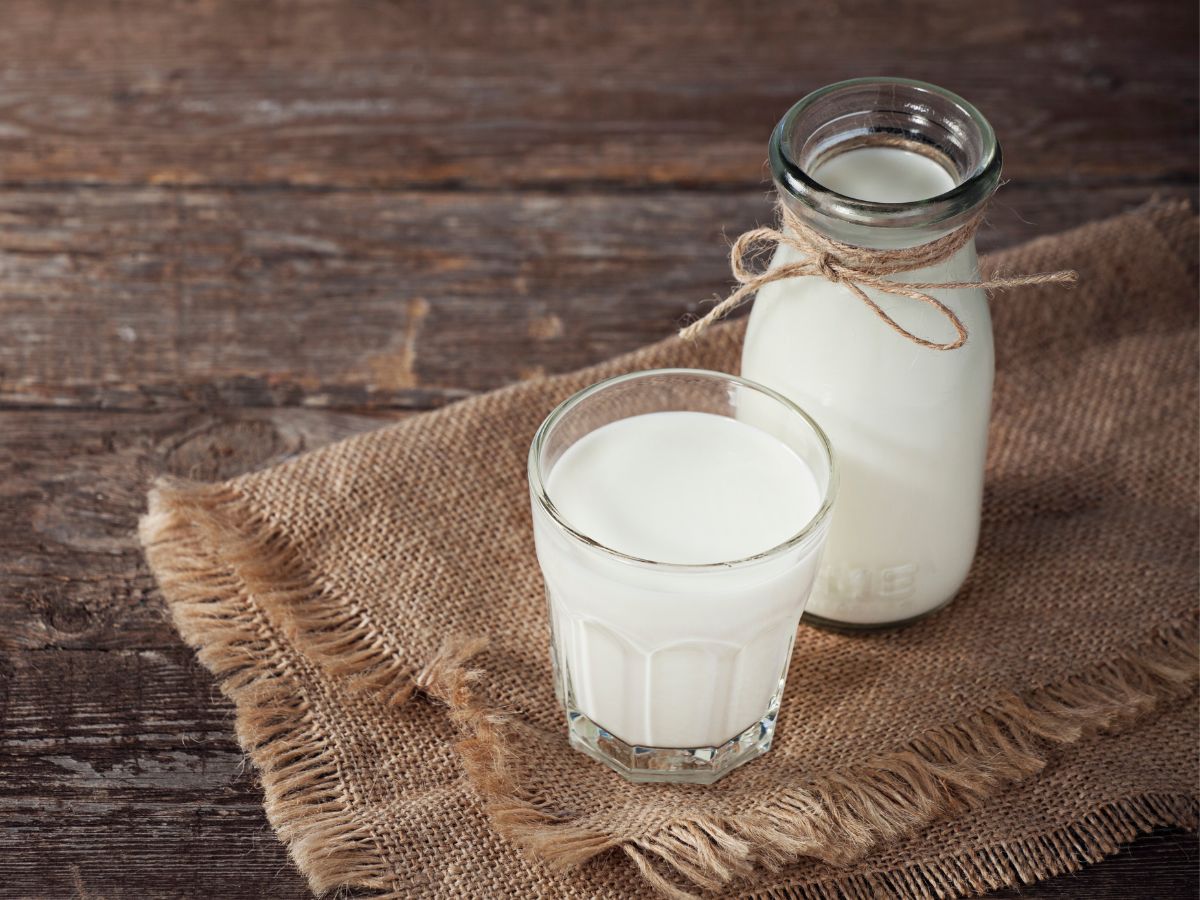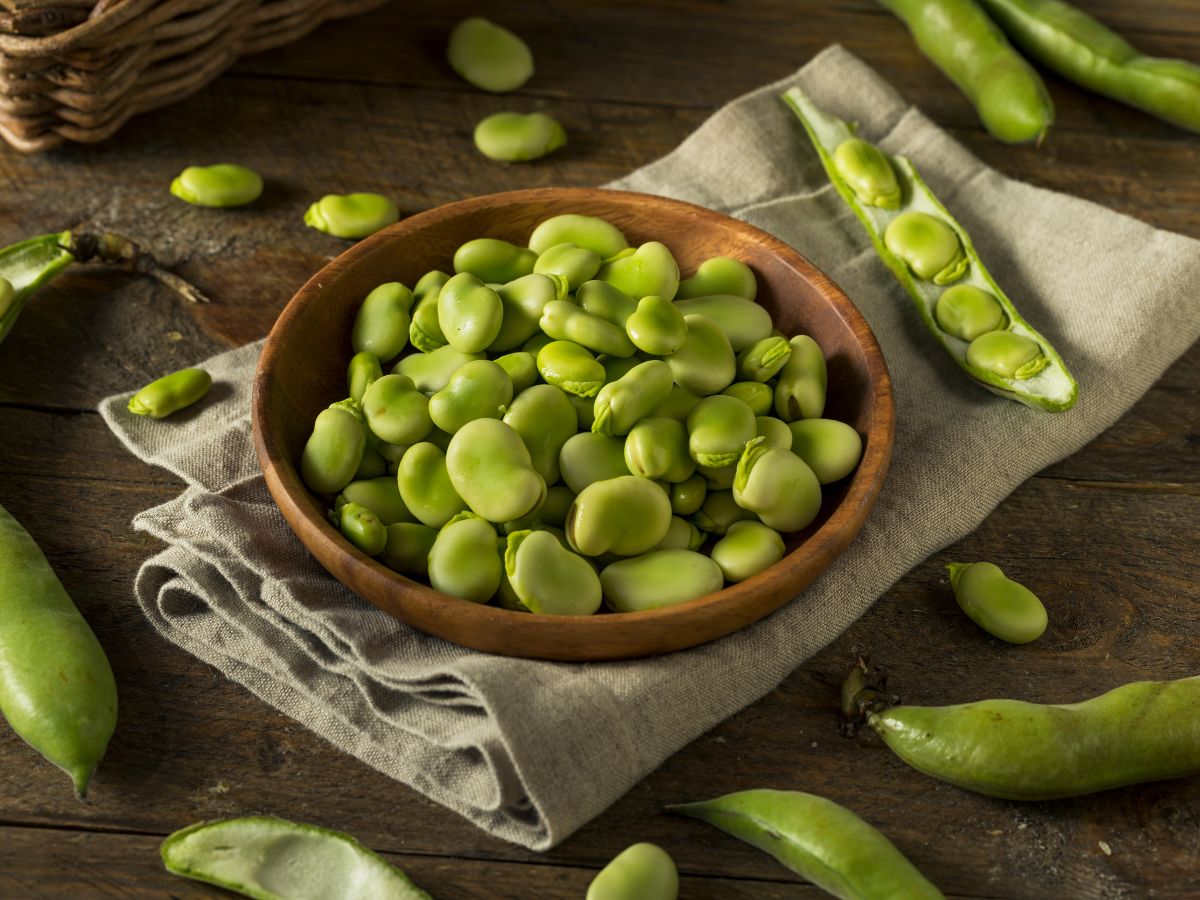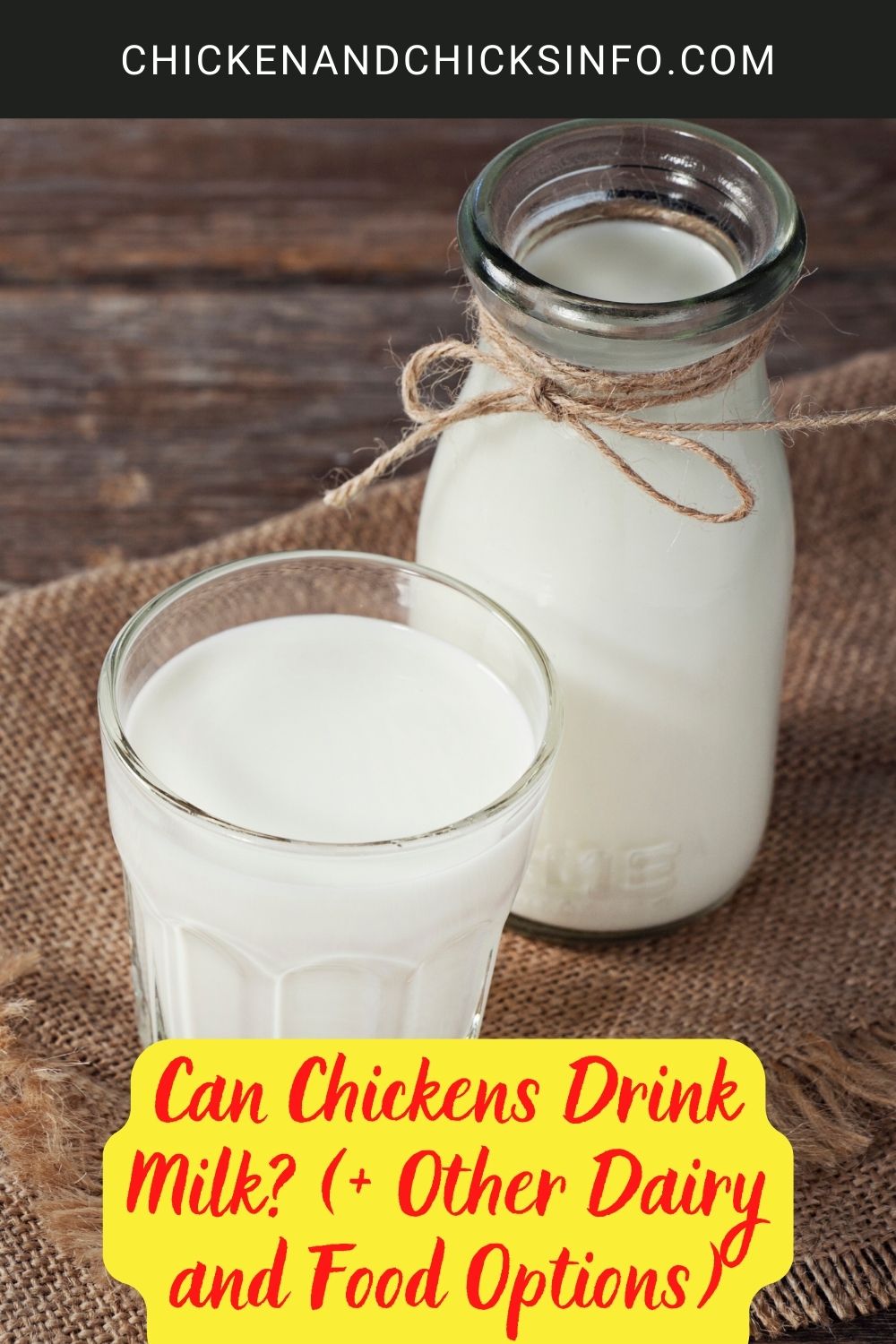
If you’re looking for foods and drinks to share with your chickens, you might be considering milk.
After all, most animals love milk. Before you go ahead, there are some things you need to be aware of about chickens and milk, however:
Can chickens drink milk? Chickens can drink milk, yes. They are not lactose-intolerant, but they can only tolerate small amounts as treats. Large amounts of dairy products will cause stomach and digestive issues.
Jump to:
Can Chickens Digest Milk?
The exact answer to this question isn’t straightforward and it’s one I’ve seen debated online for some time.
So, I asked the owner of a small city farm that has a large flock of chickens near my home last time I was down there.
He said, “To the best of my knowledge, chickens do not possess the enzymes needed to properly digest milk. Although, in small amounts such as mixed in with feed, it’s perfectly fine”.
This seems to line up with what most backyard flock owners are saying online.
Owners are giving their chickens milk in small amounts, typically mixed in with feed rather than to drink.
This applies to other dairy products and foods containing lactose, such as cheese, yogurt, butter, etc.
Is Milk Good for Chickens?

There’s no questioning that milk is a nutrient-dense product that has a lot of positive health benefits for us and chickens.
Most importantly, milk is rich in two key nutrients that chickens need; calcium and protein.
Now, taking into account that they shouldn’t have large amounts of milk, it’s not high enough in protein to use a consistent protein supplement.
Cow’s milk is only around 3.4% protein. Which is fine for us, especially as we can drink an 8-ounce glass with ease.
There are other foods that are much better for laying hens or chickens that are molting. I covered some of the best high protein foods for molting chickens in that post.
Regarding calcium, milk contains 125 mg of calcium per 100 grams. With laying hens needing 3-4 grams a calcium a day to maintain production of strong, healthy eggs, there are much better foods.
Personally, I use a calcium-rich grit while also giving my laying eggs a high protein feed. Adding milk into their diet isn’t a solution to provide more calcium.
Is Cheese Bad for Chickens?
If you’re wondering about the benefits of milk for chickens, I bet you’re also thinking about giving them some cheese.
Cheese is another dairy product, and although there are loads of different types of cheese it’s typically a lot higher in protein than milk while containing less lactose.
So, in theory, it’s better and easier for chickens to digest than milk. It’s still not “good” for chickens though as it’s high in fats and doesn’t deliver a balance of the kinds of nutrition they need.
It’s fine as a treat, and chickens love cheese. So, when you want to treat them there’s no harm in sharing some.
What Foods Are Poisonous to Chickens?

Milk and dairy products are not poisonous or toxic to chickens.
Some household foods are, however. It’s important to be aware of foods that are potentially harmful to your flock, here are some of the foods you should never give to chickens:
Avocados - The skin and pit of an avocado contain a harmful toxin called persin.
Green potatoes and tomatoes - When green tomatoes and potatoes contain a toxin called solanine.
Related content - Can chickens eat potato skins? Yes, here’s how.
Raw beans - Before being properly cooked, beans contain a harmful toxin called phytohaemagglutinin.
Chocolate - Both caffeine and theobromine found in chocolate are toxic to chickens. That means you can rule our tea and coffee too.
Salty foods - Chickens do not need extra salt in their diet, providing more can cause some health issues.
Sugary treats - I’m sure I speak for most people reading this when I say we enjoy sugary treats. Chickens don’t though, not only do they lack the taste buds to appreciate them, sugar can cause weight gain and health issues.
Nightshade vegetables - I mentioned green potatoes and tomatoes above. Both of these vegetables are part of the nightshade family of vegetables. Other vegetables in this group, such as eggplants and some peppers should be avoided.
Moldy foods - Mold spores are toxic to chickens. NOt to mention it’s gross seeing mold growing on food! Don’t leave food out so long that it spoils.
In Summary - Can Chickens Drink Milk?
Chickens can drink a small amount of milk and have other dairy products without issue, but the keywords are “small amount”.
It’s a treat food, it’s not something you should give them to try and boost their protein or calcium intake or to spoil them too often.
Remember, chickens are not mammals. They do not naturally produce lactose or feed milk to their young.
Milk and eggs go hand-in-hand to us, but these are two very different foods from two very different animals.
Resources
Is milk really good for you? NBC News





